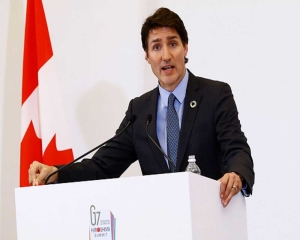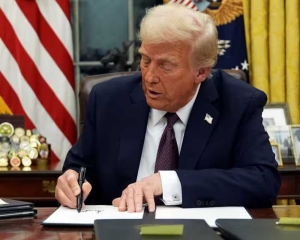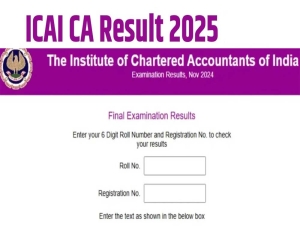GIZ India and RLG Systems India Private Limited have joined forces for the implementation of a three-year-long Public Private Partnership Project titled “Setting Up Innovative Value Chain for e-Waste Management” also known as “E-Safai” initiative. The project is being funded through the develoPPP programme that GIZ implements on behalf of the German Federal Ministry for Economic Cooperation and Development (BMZ).
The primary objective of this landmark programme is to cultivate awareness regarding safe and sustainable handling of e-waste among various stakeholders, including Resident Welfare Associations (RWAs), schools, retailers, and bulk consumers. E-Safai intends to emphasise on the process of refurbishment, dismantling and recycling of e-waste in an environmentally sound manner.
To support the cause a study was undertaken to come out with a White Paper on National EPR framework for E-waste Management in India with the aim to present an updated circular and shared responsibility roadmap.
The objective of which is to provide recommendations for shared responsibility and policy advisory for end-of-life management of Waste from Electrical and Electronic Equipment (WEEE) and promotion of resource efficiency and circular economy along the E-waste value chain.
The white paper on the national EPR looks at the entire value chain for e-waste management in India and is based on the global practices and inputs from consultations with key stakeholders within the e-waste value chain. In the above context, a National Level Workshop for Extended Producer Responsibility Framework for E-waste Management in India on Tuesday at The Oberoi Hotel- Zakir Hussain Marg, New Delhi.
The objective of the workshop was to disseminate key findings and recommendations and promotion of circular economy in E-waste management. During the workshop we welcomed our esteemed guests’ valuable insights on the white paper. Talking about the workshop, Radhika Kalia, Managing Director, RLG Systems India, stated: Success of EPR policy requires cooperation from national, state, and city governments, brand owners and producers, industries and other waste generators, e-waste recyclers and dismantlers along with the informal sector. The concept of circularity and resource efficiency needs to be thoroughly embedded into the e-waste regulations in order to foster the implementation of the national framework. The white paper is prepared as part of joint project of RLG Systems India Private Limited and GIZ India GmbH. The outputs of this white paper can be used to strengthen policy framework for e-waste management and its local level implementation.























